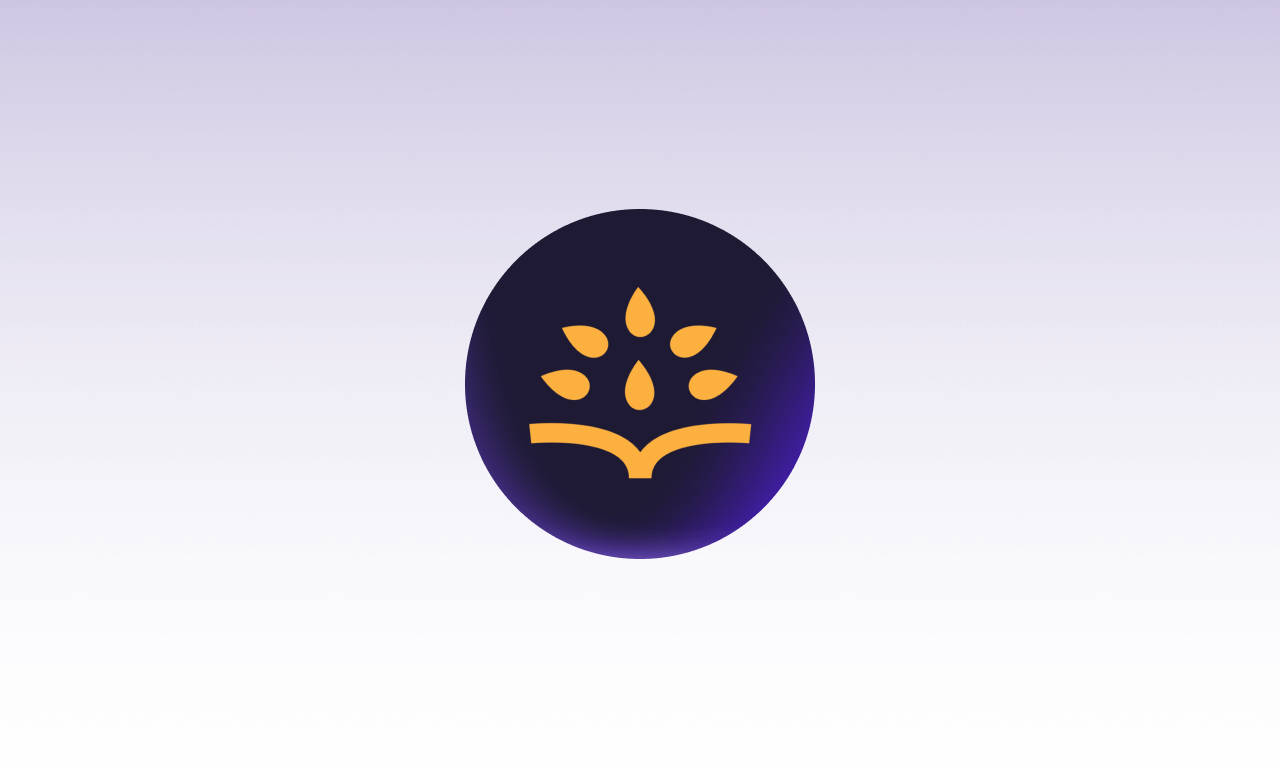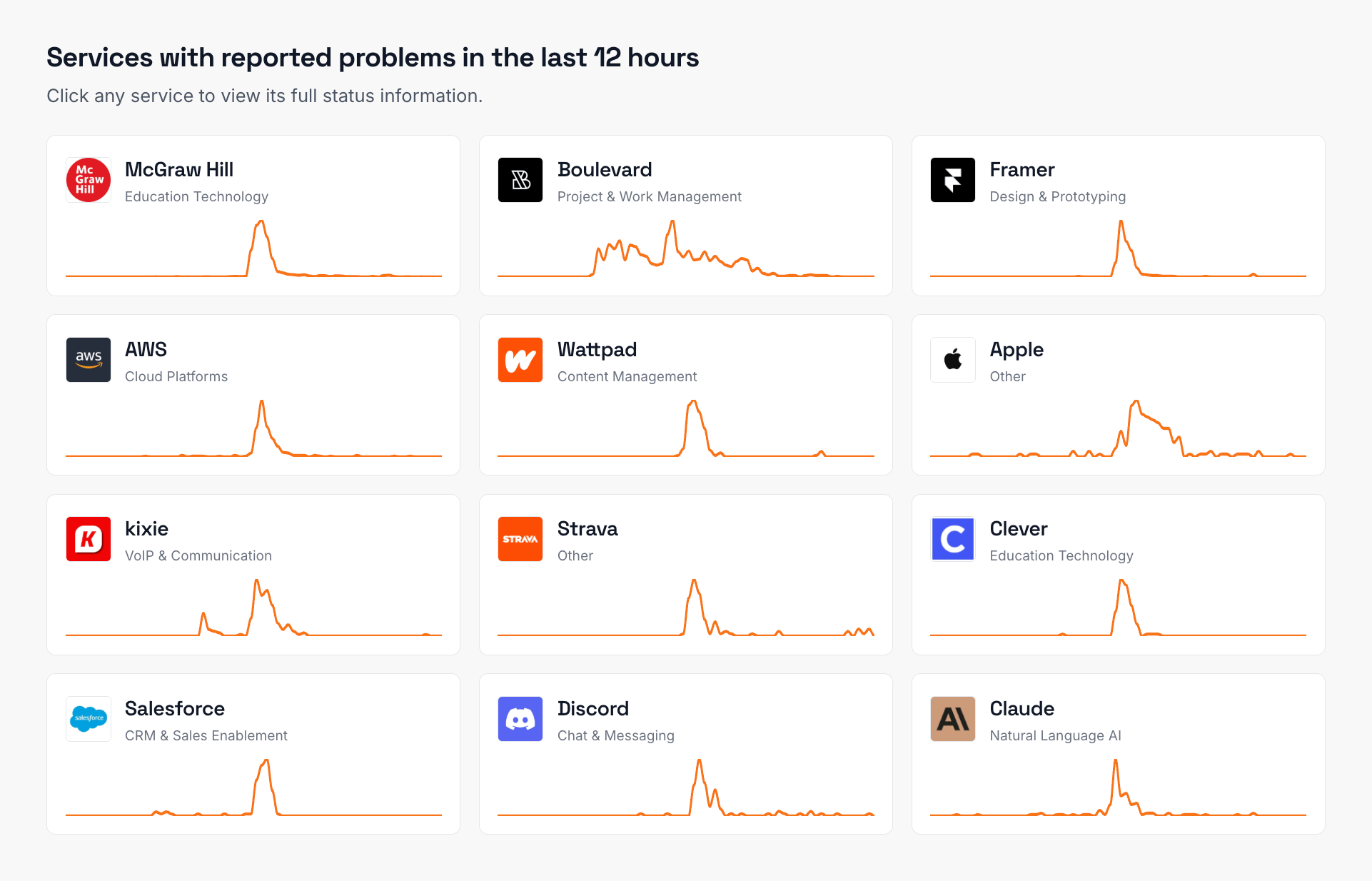Supercharge Your Incident Response With The New Rootly and IsDown Integration

Dealing with disruptions from third-party providers can really disrupt your business operations. As our IT infrastructures become more complex, managing these outages can be quite a headache. If you're a site reliability engineer (SRE) looking for a smoother way to handle these incidents, you'll want to check out the new Rootly and IsDown integration.
Rootly is an incident management system that seriously speeds up business response times. Paired with IsDown, a savvy status monitoring tool, it helps you monitor external vendors and brings together all their service statuses into one neat dashboard. This integration means you can control both platforms from one handy interface.
Let’s explore this integration between Rootly and IsDown and understand how it can really improve your incident response game.
Why This Integration Matters
The Rootly and IsDown setup allows SREs to automate their responses to incidents, which is a game changer when under pressure. The main goal here isn't just to get things back online but to ensure that every communication is crystal clear.
This setup automates alerts and shoots them directly to Slack, making it super easy for everyone involved to stay updated. Having Rootly and IsDown on your team helps smooth things over, reassure stakeholders, and keep your brand's reputation intact when things go south.
Here are a few standout reasons why this integration is a big deal:
Real-time visibility into third-party vendor status: With IsDown integrated, you can keep tabs on the real-time status of any disruptions from different vendors, all displayed on the Rootly platform. This means everyone important gets the updates they need without delay.
Centralized incident management: All the information you need comes together on Rootly, cutting down on the need to switch between tools. This lets SREs lean on automated tech to manage everything in one spot.
Enhanced communication and coordination: This integration brings all your internal and vendor-related information into one place, smoothing out communication lines and reducing the chances of mix-ups.
How It Works
Why juggle two platforms when you can have the best of both in one? Setting up the new Rootly and IsDown integration is straightforward:
Setting Up the Integration
- Open your Rootly account.
- Head to the “Alerts” sidebar, then click “Alert Sources.”
- Hit “+Add Alert Source.”
- Find “Generic Webhook,” select “IsDown,” and click “Create.”
Now, set up how Rootly will handle IsDown alerts by entering:
- Alert Title JsonPath Locator:
$.title - Notification Target Type JsonPath Locator:
$.target_type - Notification Target ID JsonPath Locator:
$.target_id - Turn on auto-resolve if you like
- Identifier locator:
$.external_id - Status field:
$.status - Resolved condition:
resolved
- Alert Title JsonPath Locator:
Go back to “Alert Sources” and snag the Credentials (token) from the Authorization Header.
Log into your IsDown account.
Click on the Alerts & Integrations tab and tick off the Rootly box.
You'll see a URL; paste the credentials you copied from Rootly here.
Save your changes, and voila, you’re all set.
Top Features Of The Integration
This Rootly-IsDown mashup is a real boon for SRE teams, making their workdays a lot smoother. Some key features include:
Customizable Alerting: Get notifications when and where they count, tailored by severity or specific components, keeping alert overload at bay and making sure you're tackling issues that really need attention.
Ongoing Real-time Updates: From the moment an outage is detected, IsDown keeps you in the loop with real-time updates, so SREs have all the insights they need to manage the situation effectively.
Real-World Benefits
Bringing these two solutions together streamlines your incident response:
Faster Response Times: Rootly cuts down response times by up to 87%, helping you tackle high-impact incidents swiftly and reduce downtime.
No Manual Intervention Needed: This automated system cuts down on the grunt work and potential for errors, keeping operations smooth.
Improved Collaboration During Incidents: With a unified platform, your teams can sync up more effectively, focusing on solving problems rather than shuffling through updates.
Conclusion
IT disruptions are a fact of life, but clear communication is your best defense. The Rootly-IsDown integration is a clever way to manage these issues, offering tools that help you stay on top of the game.
Whether you're running a small shop or a large corporation, having a solid incident management strategy is critical. Think of this integration as your business's safety net, keeping everyone informed and responsive. With these tools at your disposal, your team can make smarter decisions and deliver solutions that really hit the mark.
 Nuno Tomas
Founder of IsDown
Nuno Tomas
Founder of IsDown
The Status Page Aggregator with Early Outage Detection
Unified vendor dashboard
Early Outage Detection
Stop the Support Flood
Related articles
Never again lose time looking in the wrong place
14-day free trial · No credit card required · No code required





